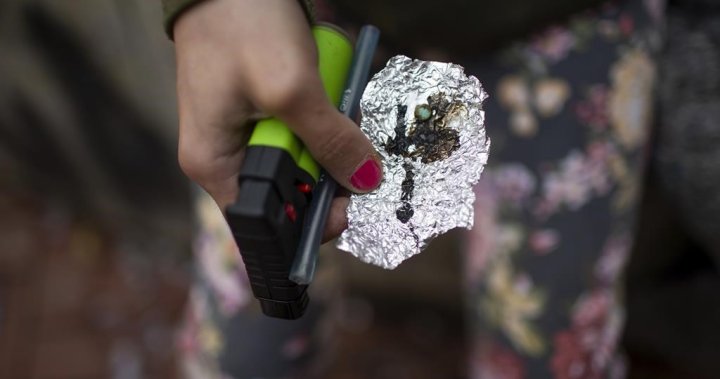Despite the federal government’s rejection of Toronto’s request to decriminalize the possession of small quantities of drugs for personal use, there is still a push from experts like Guy Felicella for provinces and territories to continue advocating for drug decriminalization. Felicella believes that treating substance addictions as a health issue is essential because the current model of criminalizing people does not work. He argues that incarcerating substance users does not stop them from using drugs and can hinder their access to employment and housing, ultimately leading to isolation and potential harm. Decriminalization policies also make it difficult for people to seek help for their addiction out of fear of consequences like losing their children, their job, or their friends and family.
Toronto’s medical officer of health, Dr. Eileen de Villa, has reiterated the importance of decriminalization as an evidence-informed policy tool to make it easier for people to seek help for substance addictions. Toronto Mayor Olivia Chow also stresses the need for a treatment program that all levels of government are committed to, emphasizing that substance addiction is a disease and health crisis. Both de Villa and Chow argue that focusing solely on the legal aspect of drug use misses the point and highlights the need for a collective strategy to address substance addictions.
While there is support for drug decriminalization from experts like Felicella and officials in Toronto, there are also dissenting voices, such as Conservative Leader Pierre Poilievre, who has been vocal about his disapproval of decriminalization policies. Poilievre expressed concerns about decriminalizing hard drug use in public spaces and accused Prime Minister Justin Trudeau of backtracking on the issue. B.C. had initially begun a pilot project to decriminalize the use of hard drugs in 2023 but ultimately backtracked due to concerns about public safety, with Premier David Eby expressing worries about the escalating situation.
The debate around drug decriminalization is complex, with various perspectives on the issue. While some argue for the decriminalization of drug possession to address substance addictions as a health issue, others express concerns about public safety and potential consequences of such policies. The federal government ultimately granted B.C.’s request to ban the public use of illicit drugs, highlighting the ongoing tension between harm reduction measures and public safety concerns. The recent increase in drug deaths in B.C. has further prompted discussions about the effectiveness of current drug policies and the need for a comprehensive approach to address substance addictions.
Overall, the call for drug decriminalization continues to be a topic of debate in Canada, with conflicting viewpoints on the issue. While some advocate for treating substance addictions as a health issue and decriminalizing drug possession to facilitate access to help, others express concerns about public safety and potential consequences of such policies. The need for a collective strategy involving all levels of government to address substance addictions is emphasized, highlighting the importance of a comprehensive and evidence-informed approach to tackle the ongoing health crisis related to drug use in Canada.













